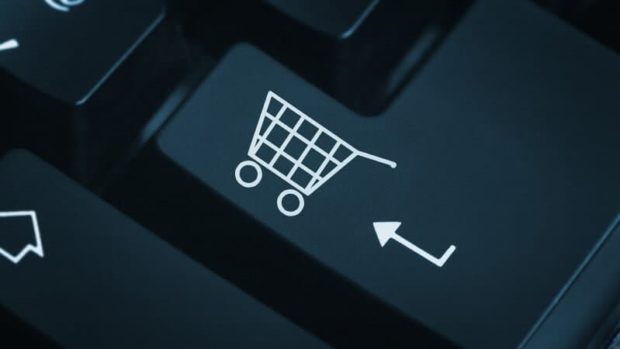The facts: ICANN, the organisation responsible
for the coordination of the internet’s “system of unique
identifiers”, or domain names, has approved a
recommendation that could shake up the world of online real
estate. When selecting a domain name, website owners currently
can choose from a limited number of “top level”
domains (TLDs), such as .com, .org and individual country codes
such as .uk. If ICANN accepts a final version of the proposal
from its global shareholders, domain-name applicants will be able
to self-select and create “custom” TLDs that they
feel are more appropriate or more marketable.
The system currently supports only 37 Roman characters; by
allowing the use of characters from languages that use other
alphabets, the relaxation of the TLD rules would encourage
further development of the internet in Asia, the Middle East and
Eastern Europe.
In a statement ICANN said that there would be a limited period
where “any established entity from anywhere in the
world” could submit an application for a TLD. Already
consortiums are lobbying to establish city-based TLDs such as
.nyc.
Assuming that the plan is approved, applications for new domain
names will be available in the second quarter of 2009. The
evaluation process is expected to take nine months. Crucially,
ICANN says that “trademarks will not be automatically
reserved”, but there will be an “objection-based
mechanism” for trademark owners to voice their concerns.
The buzz: Because ICANN’s board backed the
initial recommendation, the proposal is likely to be approved.
But with the additional TLDs comes the additional risk of
cybersquatting-parties buying a domain name in the hopes of
profiting from another company’s trademark. A company named
JohnsTies.com could find a competitor or other cybersquatter
setting up JohnsTies.eng, JohnsTies.shop and JohnsTies.london,
diluting the value of its JohnsTies.com brand.
“This has the potential for utter chaos,” wrote John
Mackenzie, a partner at law firm Pinsent Masons, on his company’s
Out-law.com website. “The attraction for domainers and
cybersquatters is not going to be setting up a registry that
matches someone else’s brand, it will be in the generic TLDs. All
of a sudden, every brand will be forced to register their name at
.shop, .buy and .london to stop anyone else getting it.”
Laura Tenison, managing director of maternity and nursery
products merchant JoJo Maman B�b�, agrees. Altering the current
system in this way will “only add to the number of websites
passing off as reputable and legitimate companies,” she
told Catalogue/e-business. “I can understand the
problem that as more and more millions of websites are launched
there is a shortage of sensible possible URLs. However, there is
also the issue concerning the launching of new trademarks or
company registrations. In my opinion the registering of a web
address should have the same stringent protection as a trademark
or company name.”
What it means to you: Much will depend on which
proposed TLDs are approved by ICANN, said Phil Kingsland,
director of communications and marketing at Nominet, the
registery of .uk domain names. For example, if the new TLDs are
primarily those with Mandarin and Arabic characters, the effect
on UK retailers will be negligible.
In the meantime, Kingsland added, “it is important to
ensure that you are clear what domains you are registering, know
who is responsible for your domain names and are aware of when
your domains are up for renewal.”
Pinsent Masons’s Mackenzie, who advises on brand protection,
wrote that this is not the first time brand owners have been hit
with new TLDs: “We saw this with the introduction of .eu.
Our clients didn’t want the .eu domain name, but they felt they
had no choice. They had to register their brands as .eu names.
Before that it was .info and .biz and all the others. Each time a
new TLD is introduced, large brands spend a fortune on defensive
registrations to avoid the greater expense of recovering the
names from cybersquatters further down the line. ICANN has just
multiplied those costs. It’s a brand owner’s nightmare.”








Share